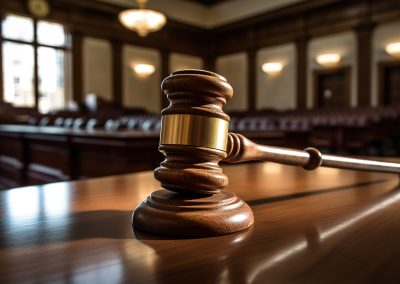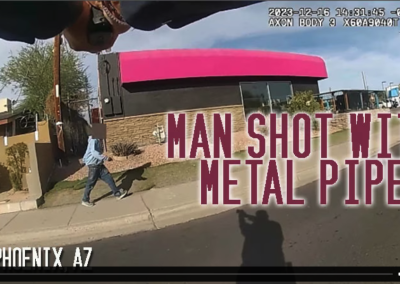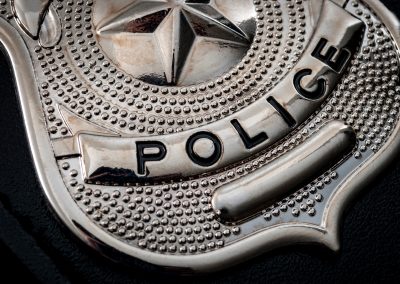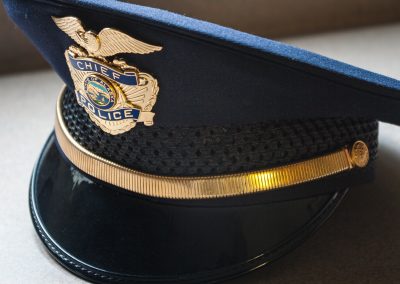Don’t let the title mislead you. I wish to assure you: I’m 100% for bodycams on cops. All in. Highly recommend them.
Calibre Press even offers a class that addresses living in a world where everything is recorded. We talk about the pros and cons, advantages and disadvantages of cameras from every angle in constant record. We examine how we got here, where we are going, and what we can expect. Discussions include developing policy, how to handle sensitive calls, when the body-worn cameras should be on, and when you can turn them off. We also discuss how to view them given human performance factors such as investigatory bias, inattentional blindness, field of view vs. point of view, stress responses, change blindness, and so on.
Again, I endorse them. Especially since when viewed by the public, in the vast majority of the cases, officers are found to handle themselves in a professional manner. In fact they almost always prove that it was the complaining citizen who was both the problem and the eventual fabricator.
Why Only Us?
Cops should definitely wear them. But why just the cops?
And I’m very serious about this. I know, I can be smart-assy sometimes, especially when I need to vent. Not now.
If government needs to be transparent, when it comes to BWCs, why just the cops?
When President Obama was running for office in 2008 he talked about transparency. That part of his message I was all for. He even assured us that the negotiations on the Affordable Care Act and in particularly the conversations with the insurance industry would be broadcast on C-Span.
(I must have missed those.)
But his intentions were spot-on! No secrets when you are actively engaged as a representative of the government. After all, the government is “for the people, by the people.”
So why not require politicians to wear bodycams? Why not?
I’m kind of a political junkie and because of that I lack a certain amount of confidence and trust in those that get elected. Mostly because the promises they make while running are not promises kept while in office.
We often hear about “pork” in bills and laws. “Pork” is money—yours and mine—earmarked for certain groups, all with lobbyists in Washington, that most often have nothing to do with the intent of the bill being advocated and voted on.
So why shouldn’t politicians be required to have the bodycams rolling when they talk to a lobbyist or when they promote a bill with other politicians?
The argument for cops to wear them is that we aren’t trusted and we need to have oversight. We lie and manipulate facts in order to justify our decisions and excuse our behavior. After all, lives are at risk if officers make bad decisions.
And, up to a point, that’s true. We should have oversight. Not just to monitor us but to educate the public on what it is we do for a living and how it is we come to those decisions, often made under extreme stress, in the blink-of-an-eye.
But don’t politicians make life-and-death decisions? Maybe not the way police officers do, but some can argue, as I do, their decisions effect more lives than the ones street cops make.
Think about it. They pass bills and laws that affect the lives of millions. They hand out billions of dollars that are somewhat hidden in long laws filled with legal jargon that 99.9% of the public couldn’t understand if they had the time or inclination to actually read them.
The watchdog group Citizens Against Government Waste keeps a constant eye on the waste and redundancy of government. Their findings are sometimes quite alarming. Would redundancy, waste, and outright bribery happen if the politicians responsible for it knew they were being recorded?
Why can’t discussions, outside of national security and protected human resource personnel matters, be a matter of public record?
Why can’t we be privy to the behavior of elected officials, when acting in official capacity, as they negotiate over a cocktail with a paid lobbyist?
From what I’ve read many lobbyists are ex-politicians, ex-staffers of politicians, and/or relatives of someone in the political system. When they negotiate for our tax dollars, money that belongs to the public, shouldn’t we know the gritty details of how those deals are consummated?
Conclusion
People’s lives depend on the day-to-day decisions of police officers. We must evolve as a profession with the times and accept that recording our behavior is here for good. I’m OK with that. We are servants of the people. They do pay our salaries.
Just as we pay the politicians, their staffs, and, as a matter of consequence, their lobbyists.
Those smoke-filled rooms, where the deals are made affect more lives than we can even fathom … So how about walking the talk? Put on cameras. Let in the light. Why not?










0 Comments